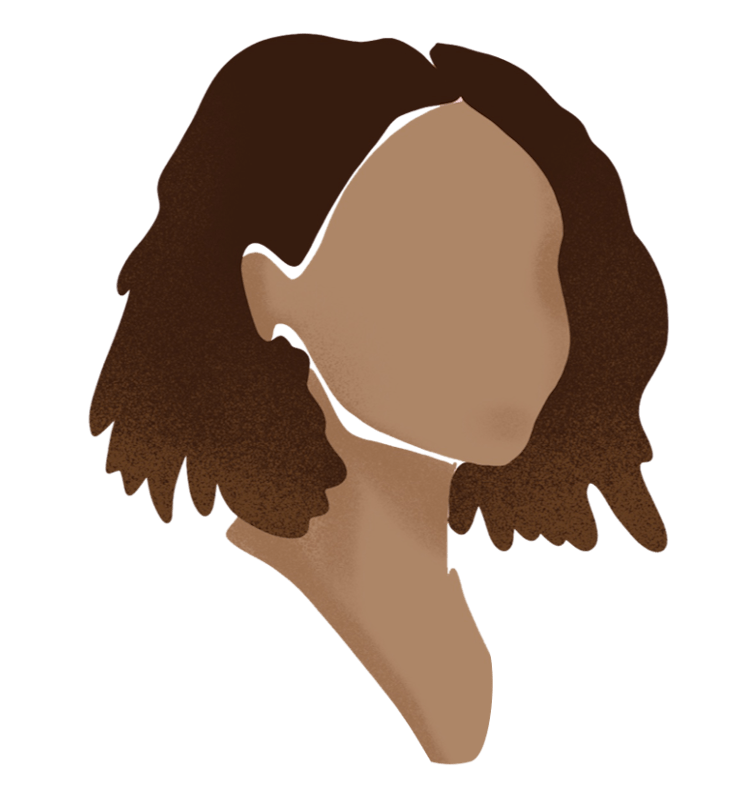

What Happens To My Period While I’m On Hana?
What Are the Side Effects of Taking Hana?
What time Should I take my pill?
Can the contraceptive pill affect sleep?
How long can I be on the contraceptive pill?
Do antibiotics affect the pill?
Can I drink alcohol if I’m on the pill?
What Do I Do If I Miss My Pill?
What happens if I stop taking Hana?
What is Hana’s subscription service?
What is the ‘Mini Pill’?
What is the Hana® consultation like?
Can I take Hana® if I’m ill?
Can I use contraceptive pills while breastfeeding?
Is My Libido Normal?
Could Hana® be Suitable for me?
Going on the pill & costs
Should I buy a one month or three month pack of Hana®?
Condoms or the Pill?
Can the pill cause anxiety?
How do you change from the combined pill to the Progestogen-only pill?
Can the contraceptive pill cause thrush?
Spotting between periods: the causes and when to worry
Can you ovulate on the mini pill?
How do you get Hana® at a Pharmacy?
Can the pill effect long term fertility?
How soon after giving birth can I go back on the pill?
How do hormones change as you age?
Can I go on the pill at 16?
What is PCOS?
Is it safe to take the contraceptive pill every day without breaks?
Are all contraceptive pills the same?
Can stopping the pill delay your period?
Can you take birth control over the age of 45?
How effective is the Hana contraceptive pill?
Can the contraceptive pill cause cystitis?
Can you take a contraceptive pill if you have a hypermobility disorder?
Oestrogen vs Progestogen: Which Contraceptive Pill Might Be Right for You?
GOT A QUESTION?
So you’re interested in a progestogen-only contraceptive pill that you can buy over the pharmacy counter? Read more…

